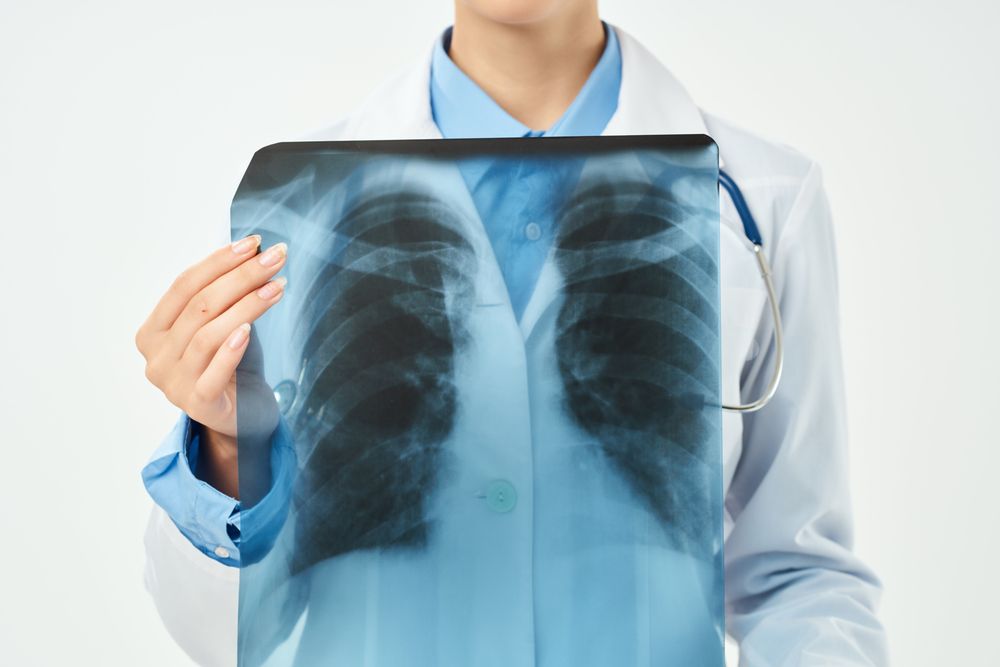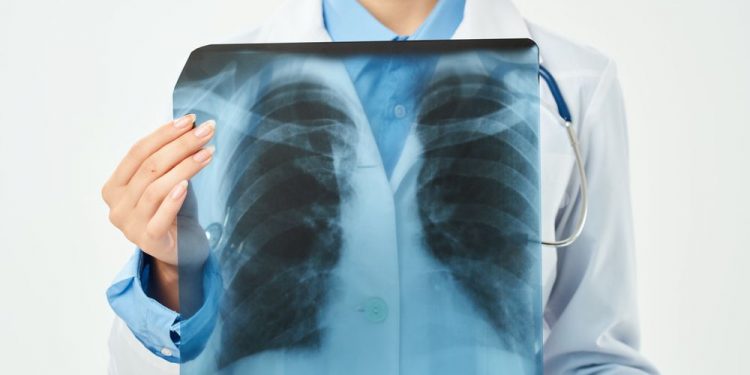If you or a loved one has been diagnosed with stage 4 non small cell lung cancer, it is normal to feel upset and anxious about your life expectancy. However, it’s important to remember that you are not alone, and there are many resources available for people who are coping with advanced cancers. Support groups, clinical trials, and palliative care specialists can all help you navigate this difficult time.
When you are diagnosed with stage 4 lung cancer, it has likely already spread to other parts of the body. How quickly and how far your cancer has progressed is the most important factor in determining what your prognosis is. Your outlook will also depend on the type of lung cancer you have and how big it is, as well as your general health and fitness level. If your cancer is localized (hasn’t spread beyond the lung) and you have good overall health, the five-year relative survival rate is 65%. If the cancer has spread to nearby lymph nodes, or regionally, the five-year relative survival rate is about 37%. If your cancer has spread to distant organs, or metastatically, the five-year relative survival rate is around 9%.
While these numbers may seem grim, it is important to remember that they are only estimates. These statistics are based on data from years ago and do not take into account the recent advancements in treatment. Your doctor will be able to provide you with more specific information about your situation.

Your doctor will start with a physical exam and ask about your symptoms. They will then perform tests to determine the stage of your lung cancer and whether it has spread. These tests include bloodwork, imaging, and a biopsy. They will also determine your pulmonary function, which is the ability of your lungs to move air in and out of the body.
If your cancer has not spread, it is likely treatable with chemotherapy or other forms of targeted therapy. These treatments can shrink tumors and improve your quality of life. They can also be used in combination with other treatments, such as surgery or radiation.
If your cancer has spread to the lymph nodes or other parts of the body, it is unlikely to be treated with any of these methods. In this case, your physician will most likely prescribe medications to ease your symptoms and keep the cancer from growing or spreading. Your doctor will also discuss palliative care options, which can help with your physical and emotional comfort.









